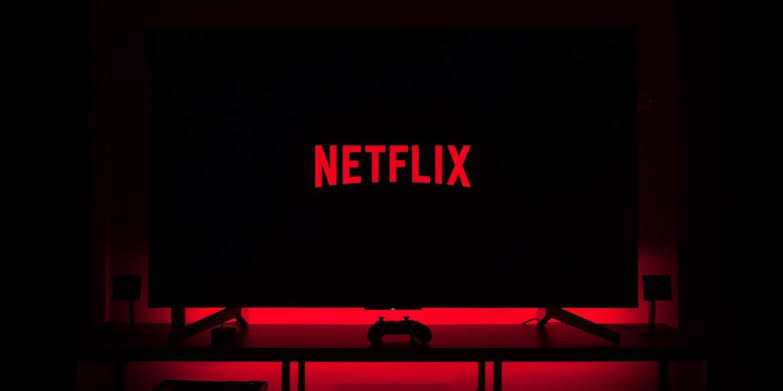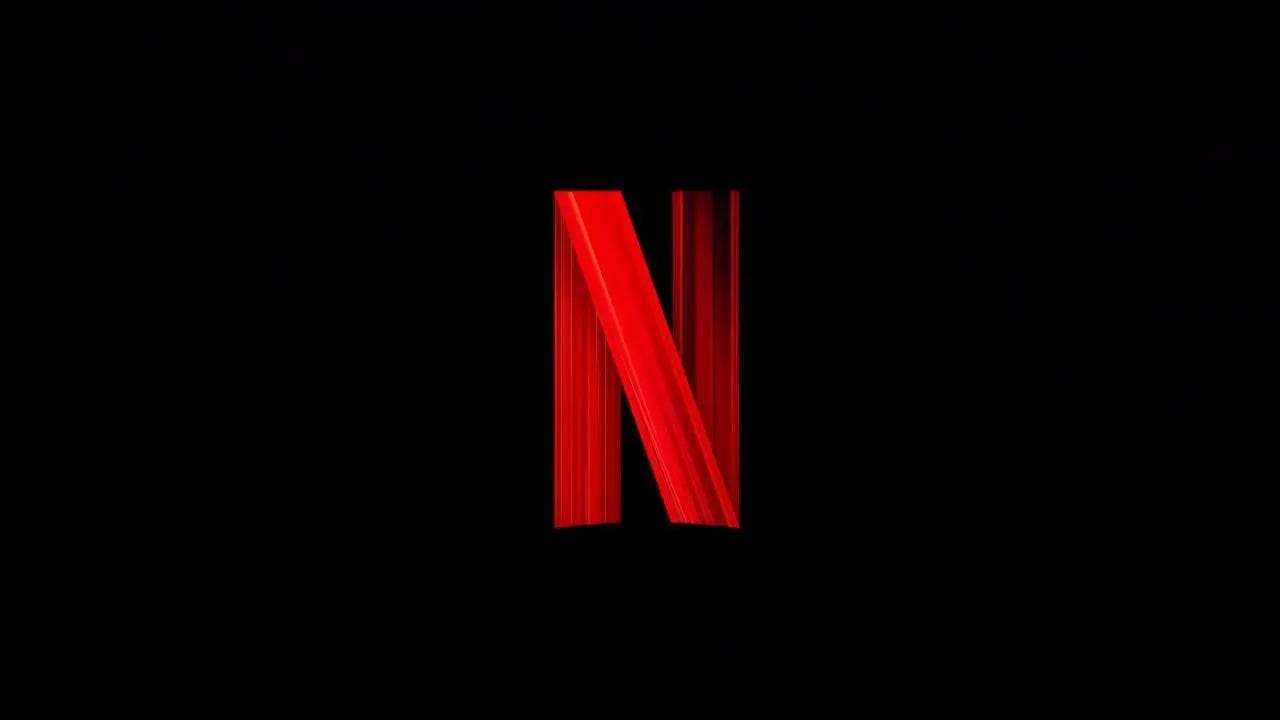Netflix’s Alleged Exit from Nigeria: What Does It Mean for Nollywood?
For eight years, Netflix transformed entertainment in Nigeria, introducing the country to a global stage with acclaimed Nollywood originals like Aníkúlápó, Blood Sisters, and King of Boys. However, recent reports of Netflix pulling out of Nigeria have sparked heated debates, raising questions about the platform’s impact, challenges, and future.
Netflix in Nigeria
When Netflix entered Nigeria, it didn’t just bring Hollywood to local screens; it spotlighted Nollywood to the world. The platform became a launchpad for Nigerian stories, taking local productions to international audiences while investing millions in content creation. Between 2016 and 2022, Netflix invested $23 million in Nigerian productions, directly contributing to over 5,000 jobs and boosting the country’s GDP by $39 million.
Beyond the economics, Netflix helped redefine storytelling in Nollywood, supporting bold narratives that challenged stereotypes and reimagined the creative potential of African cinema. Productions like Shanty Town and Far From Homedemonstrated the depth of Nigerian creativity, with global audiences finally recognizing the talent and craftsmanship that Nollywood had always possessed.
Profitability Challenges and Speculation
Despite this progress, profitability has remained a thorny issue. With Nigeria’s economic challenges, such as high inflation and a fluctuating currency, subscription margins may not have been as lucrative as in other markets. Additionally, the cost of producing high-quality content to compete globally may have strained Netflix’s resources.
Renowned filmmaker Kunle Afolayan recently suggested that Netflix had ceased commissioning new Nigerian originals. This statement fueled speculation about the platform’s potential exit, with some insiders attributing the move to regulatory hurdles and rising production costs.
Netflix’s Denial
In response to these claims, Netflix issued a statement denying any plans to exit Nigeria. A company spokesperson reaffirmed its commitment to investing in Nigerian stories, emphasizing its dedication to showcasing local content globally. However, the ambiguity surrounding Afolayan’s statement and the platform’s shifting investment priorities leaves room for skepticism.
A Broader African Context
Netflix’s alleged pullback in Nigeria echoes broader challenges faced by streaming platforms in Africa. While the company invested $175 million across the continent, a significant 71% went to South Africa, leaving Nigeria and Kenya to share the remainder. This disparity highlights Netflix’s cautious approach to Nigeria, despite its potential as Africa’s largest economy and cultural hub.
Other streaming giants have faced similar hurdles. Amazon Prime Video scaled back its African operations earlier this year, citing profitability concerns. Could Netflix follow suit, prioritizing markets with lower risks and higher returns?
What’s Next for Nollywood?
If Netflix does reduce its investment in Nigeria, the implications for Nollywood could be profound. Local filmmakers, who relied on Netflix’s financial backing to produce premium content, may struggle to maintain the same level of quality and global reach. Yet, this challenge also presents an opportunity for homegrown platforms like Showmax and IrokoTV to fill the gap, potentially fostering a more self-reliant Nigerian streaming industry.
Moreover, Nollywood’s resilience should not be underestimated. With its rich storytelling traditions and a growing pool of talented creatives, the industry has repeatedly overcome challenges to emerge stronger. While Netflix’s withdrawal—or even a reduction in its commitment—may sting in the short term, it could inspire local filmmakers to innovate and diversify their distribution channels.
Conclusion
Whether Netflix is leaving Nigeria or merely recalibrating its strategy, one thing is clear: the platform has left an indelible mark on Nollywood. It has raised the bar for storytelling, opened doors to global audiences, and demonstrated the commercial potential of African narratives.
As Nigeria navigates this uncertain chapter, it must build on the momentum Netflix created. By fostering local talent, supporting independent platforms, and addressing the structural challenges that deter international investment, Nollywood can continue its ascent as a global creative powerhouse.







